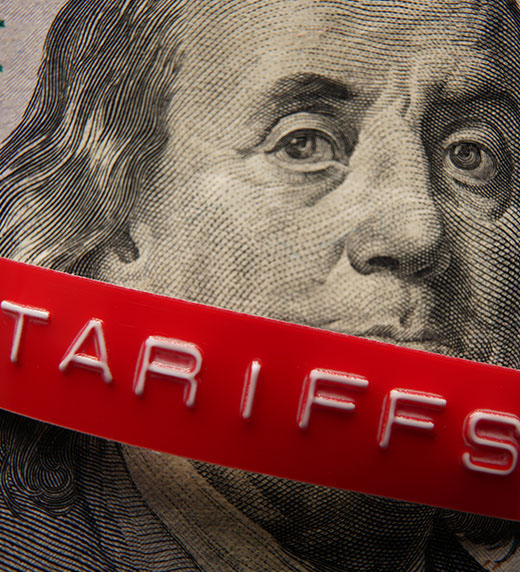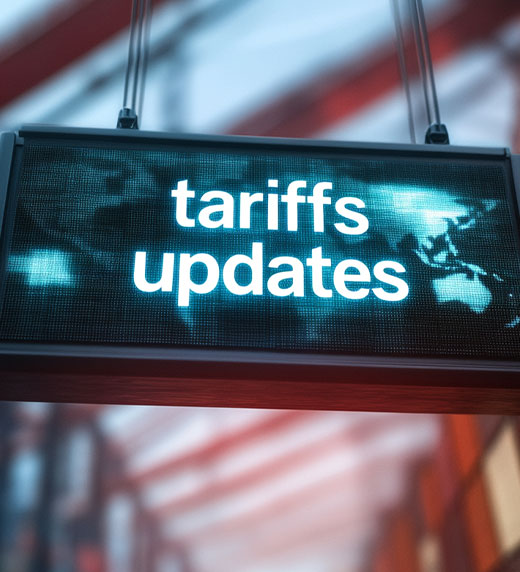
In a memorandum released on July 16, 2021, the IRS Office of Chief Counsel provided regulatory updates addressed its views on the treatment of stock-based compensation (SBC) costs in cost-sharing arrangements (CSAs) that include a "reverse claw-back" provision but do not share SBC costs (non-SBC CSAs).
Under the cost-sharing rules, controlled parties may enter a CSA to share the costs and risks associated with the development of intangibles in proportion to each party's share of reasonably anticipated benefits (RAB) expected to result from use of these cost-shared intangibles. The cost-sharing regulations provide that the results of a CSA are consistent with the arm's length standard only if, among other requirements, each controlled participant's share of intangible development costs (IDCs), which includes SBC, is proportionate to its RAB share.
In the context of a CSA, "claw-back" provisions generally allow a taxpayer to remove, or claw back, SBC included in the cost pools if the 2003 SBC regulation is any of the following:
"Reverse claw-back" provisions, on the other hand, generally provide that taxpayers who excluded SBC from their cost pools may later include those SBC amounts upon a certain triggering event (such as a final decision in the Altera case) and make a true-up payment to reflect the sum of SBC costs that should have been shared in prior years.
The IRS takes the position that SBC should be included in the cost pools under the cost-sharing regulations. The IRS further asserts that it can adjust the results of a cost-sharing transaction in the year in which IDCs were incurred under Treas. Reg. Section 1.482-7(i)(2), regardless of whether there is a reverse claw-back provision. In support of this position that it can ignore the terms of reverse claw-back provisions, the IRS asserts that excluding SBC would result in an imbalance between IDC shares and RAB shares in any given year of exclusion.
Further, the IRS specifically addresses the following covered issues that may arise when the IRS makes the adjustment: (1) the correct year to include the SBC costs in the cost pool; (2) whether the adjustment affects the taxpayer's true-up obligation amount; and (3) whether the IRS can make an adjustment in a different year if it is unable to do so in the year the IDCs were incurred because the period of limitations on assessments has expired.
In the memo, the IRS concludes that, under Treas. Reg. Section 1.482-7(i)(2), it may make allocations to adjust the results of a CST so that each controlled taxpayer's IDC share for each tax year is equal to its RAB share. In connection with the above covered issues, the IRS argues that:
So, what is the real impact to companies and taxpayers moving forward? We outline some key items below:
The impact of including SBC in the CSA should be reviewed for prior year tax returns, current year-end estimated tax payment calculations, and other reporting requirements.
For questions or assistance with preparing for regulatory compliance, contact our tax experts.


